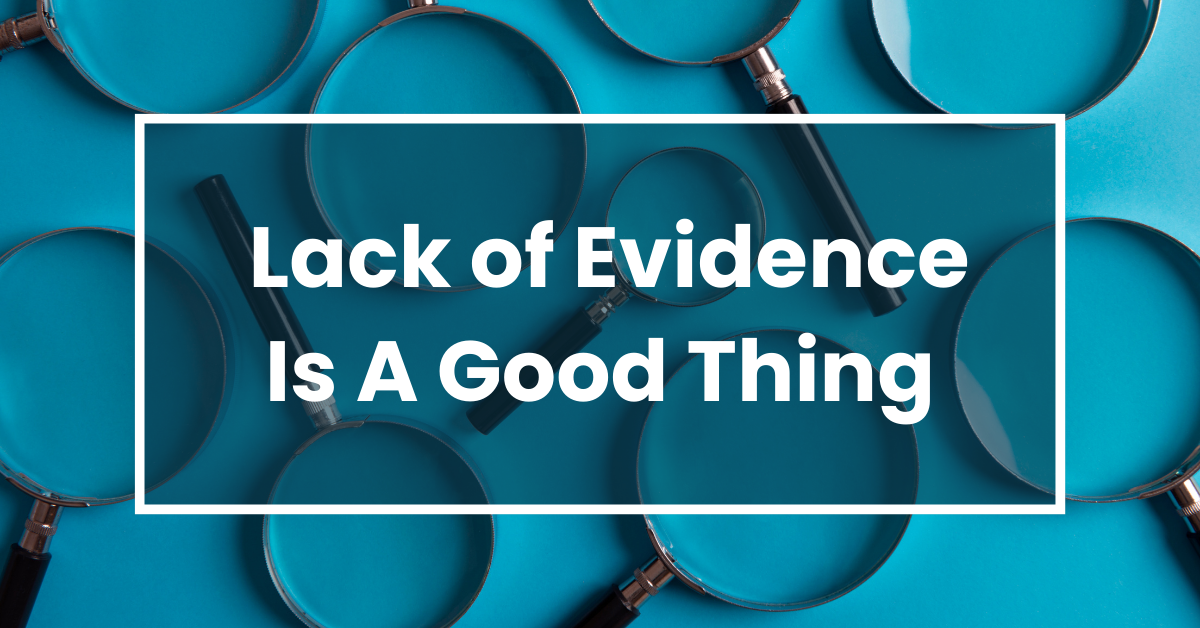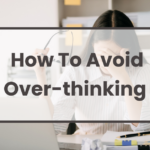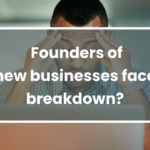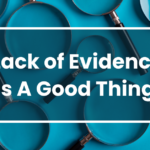Our world is obsessed with data and proof, so this might seem like a controversial statement.
However, not only is lack of evidence the key to all progress, but it’s also essential for you if you want to survive and thrive in the new age of AI. I’ll reveal why at the end!
So how can lack of evidence be a good thing?
Why Lack Of Evidence Is Good
Progress, by definition, is the mapping of uncharted territory.
If we are progressing, we are moving into new knowledge, and all of those new discoveries can change our world for the better.
Now of course, every new invention or idea needs to eventually be backed up by evidence to show us that it works. That’s indisputable.
What many people are less aware of though, is the vital importance of suspending our evidence-based thinking in order to reach those new ideas in the first place.
You can’t be creative or innovative without initially suspending your need for evidence.
It may sound a little ironic to say at this exact moment, but through our own evidence at Effective Intelligence, we know that creative people are the rarest in the population.
This is due to culture and education systems being so focused on data and evidence, at the expense of creativity. It’s really no wonder that many people, including myself, find deeply creative thinking very hard to achieve.
What History Teaches Us About Lack of Evidence
None of our world’s greatest inventions had the initial evidence to back them up. In fact, some of history’s most famous innovators were shunned or even punished for going against the established truth.
Galileo is a great example of this. He was found guilty of heresy and sentenced to house arrest, for daring to propose that the Earth revolved around the Sun.

This may seem ridiculous to us now, but in Galileo’s time, the established ‘evidence’ dictated that the Sun revolved around the Earth.
But hold on, Galileo did actually have evidence for his theory, didn’t he? So how can we use his story to defend ‘Lack of Evidence’ as a valuable principle?
The reason is that every hypothesis starts without evidence, and then the evidence is found (or not) later on. This is the true scientific process.
The reason that the evidence happens later is because you must suspend evidence-based thinking in order to reach a truly creative hypothesis in the first place.
The missing of this key and vital detail is the reason so many people end up lacking the ability to generate cutting-edge ideas. I know because I’ve had to work on this for myself.
What Happens If There Is Not Enough Evidence?
It takes a long time for the ‘establishment’, or society as a whole, to accept revolutionary new ideas, and lack of evidence plays a big role in that.
Philosopher Thomas Kuhn coined the term ‘paradigm shift’ to describe this long and complicated process in his influential work, ‘The Structure of Scientific Revolutions’.
A paradigm shift is a fundamental change in the underlying assumptions and established evidence that form the general consensus on what the truth is.
The internet is a great example of a paradigm shift in action, and the lack of evidence that comes along with it.
During the early stages of internet adoption, there was little evidence or precedent to suggest that it could change our world so broadly and universally.
It took the visionary drive of a select few entrepreneurs and innovators, acting without any concrete evidence, to create the internet as we know it today. They were guided only by hypothesis and imagination.
Established paradigms are very resistant to change, because the context they set is as hard as stone. It takes bold acts of creativity to shift them, and that boldness comes from the daring act of bringing forward ideas that have no evidence in their favour.
Lack Of Evidence Is Not Evidence
There is another very important principle here when it comes to effective creativity, and indeed top-level decision making.
A lack of evidence should not be considered as evidence. In other words, if there is no evidence of something, it doesn’t mean it isn’t true.
“Lack of evidence is not evidence of lack.”
For example, there was no evidence that the internet could be used for shopping. At the start, nobody wanted to shop online.

As we all know though, this paradigm shift turned out to be huge. Just look at the size of Amazon today – and it was all built on an idea that had no evidence at all to back it up.
Much like we don’t know if Schrödinger’s Cat is dead or not until we open the box, we don’t know if an idea that has no evidence is worthless or worth a billion dollars, until we actually give it a try.
There is an important caveat underneath all of this. If we rely too much on data to drive our decisions, we might miss the best possible option that could change everything.
Of course this doesn’t always apply, because data has its place and importance.
But some of the most powerful and transformative decisions you can make are ones that aren’t backed up by any data at all.
Intuition and imagination deserve our full respect. And that leads on to our final point, which is highly relevant for you in our current times.
Your Human Edge VS AI
Artificial Intelligence has been making leaps and bounds recently, and the pace of progress is both impressive and scary at the same time.
A lot of people are starting to consider what the future will look like, especially when it comes to earning a living. Perhaps you have started to wonder too.
There’s no denying that AI, with all of its impressive new capabilities, is going to have a significant effect on employment.
Certain jobs and roles are more at risk than others, but there are very few fields and sectors where AI is not going to have at least some effect.
This raises the question then, what can you do to ensure that you remain employable and valuable in this uncertain future?
Well, the powerful concept of ‘lack of evidence’ ties in strongly here, and it offers you something of great value.
You see, all AI models, however smart and knowledgeable they might be, are based on datasets of existing knowledge.
In theory, an AI model could even store all of human knowledge in one unimaginably huge database, and use it to produce answers on everything.

Approaching it from our current angle, knowledge is essentially the same thing as evidence – so AI models are all built upon existing evidence.
What this means is that all of the value and power found by leveraging a lack of evidence, namely everything that is innovative and new, everything that shifts paradigms, still depends on human competence alone.
AI cannot produce anything without calling on its existing datasets, or in other words, the evidence.
So AI cannot truly innovate, because innovation is founded on lack of evidence.
As a human being, this is your ultimate edge, and it is one of the key concepts you need to take advantage of to successfully compete with AI and remain valuable in our new age.
Lack of evidence is not always a good thing, of course. But sometimes, it can be your greatest strength.
If you want to focus on developing your creative edge, definitely check out some of our other blog articles here. I’ll see you soon!








